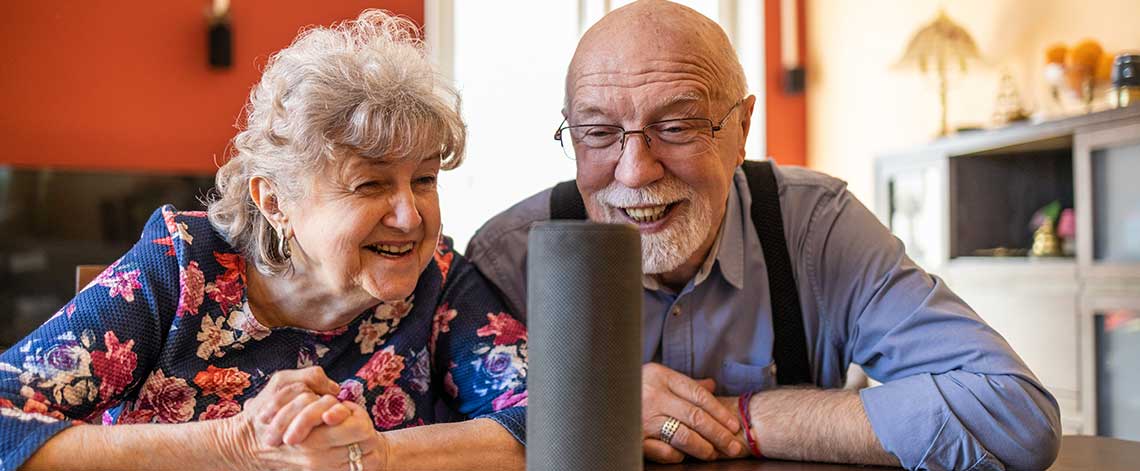
Voice-activated virtual assistants like Amazon’s Alexa or Google Assistant can help seniors manage daily tasks, schedule appointments, and access information, providing a degree of independence and reducing caregiver workload.
If you are a caregiver for a senior loved one you likely experience the many rewards that come with providing care for someone you care about. Caregiving also has its challenges as it can take a toll, physically and emotionally, on the individuals providing the care. The daily demands can overwhelm. Quite simply, caregiving is exhausting work. It’s important to seek out resources and tools that can support your day-to-day responsibilities. Here are some ideas to get you thinking about the support that you might find useful.
- Telemedicine and remote monitoring: The use of telemedicine has expanded significantly, allowing seniors to consult with healthcare providers remotely. Remote monitoring systems also enable caregivers to track seniors’ health and wellbeing, making it easier to intervene if necessary.
- Robotics and automation: Advances in robotics and automation have led to the development of devices that can assist with tasks like lifting patients, medication dispensation, and mobility support.
- Wearable technology: Wearable devices, such as smartwatches and fitness trackers, are increasingly being used to monitor seniors’ health and activity levels. These devices can help detect falls, irregular heartbeats, or other potential health issues.
- AI-powered virtual assistants: Voice-activated virtual assistants like Amazon’s Alexa or Google Assistant can help seniors manage daily tasks, schedule appointments, and access information, providing a degree of independence and reducing caregiver workload.
- Smart home technology: IoT devices and smart home systems can be adapted to assist seniors in their daily lives, including automatic lighting, climate control, and security systems.
- Online support networks: The internet offers various platforms for seniors and caregivers to connect with others, exchange information, and access resources. Online support groups and forums can be particularly helpful in providing emotional support and advice.
- Government and community initiatives: Governments around the world are increasingly recognizing the importance of elder care and are implementing policies and programs to improve support for seniors and their caregivers. These initiatives may include financial assistance, respite care programs, and access to training and education.
Continued focus on geriatric research: Scientific research into the aging process and elder care continues to yield new insights and approaches to support seniors and their caregivers more effectively.
Each elder has his or her unique needs. Augmenting the face-to-face support from caregivers with technology is often a smart strategy. It is a strategy that will require some thoughtful planning and perhaps advice from your doctor or medical team. Please ask how we might help.
Be Well MD is committed to using the latest technology to help elders “stay healthy and stay home.” Maintaining independence is a priority for almost all of the seniors that I know and it is a priority for us as well.
Mark Carlson, MD
Geriatrician and Medical Director


